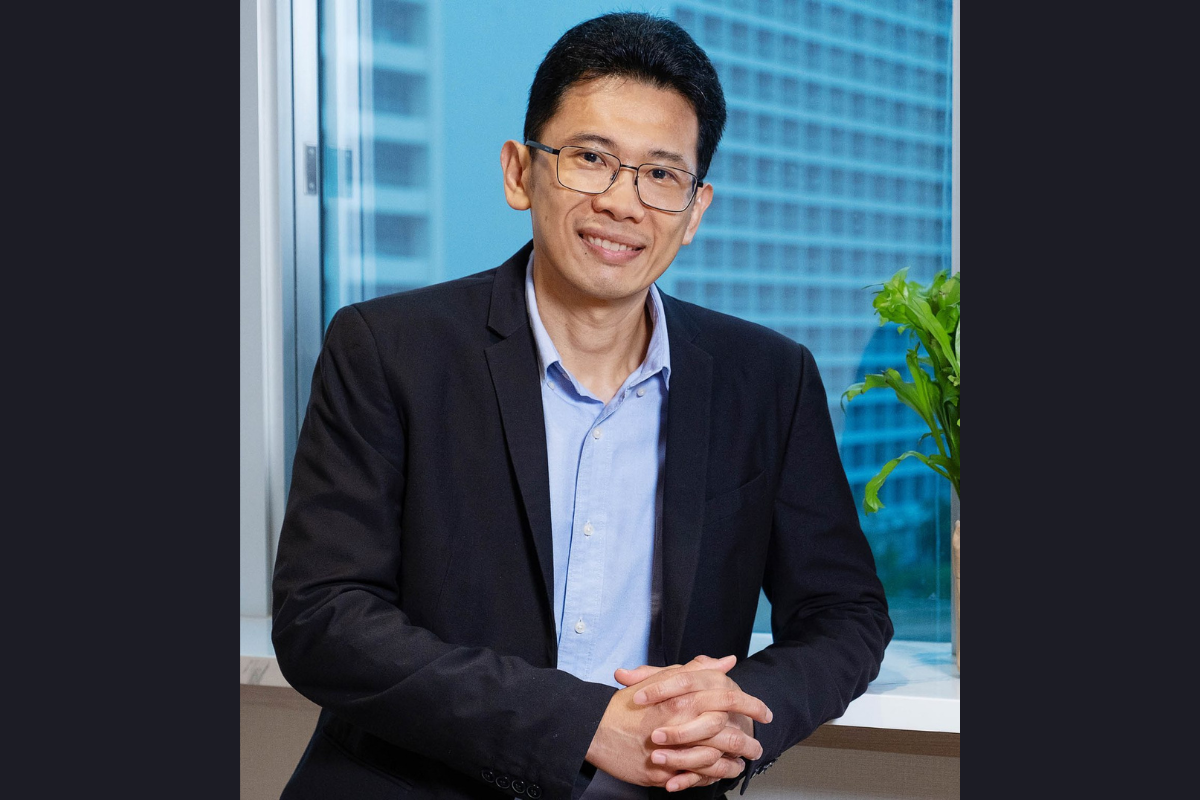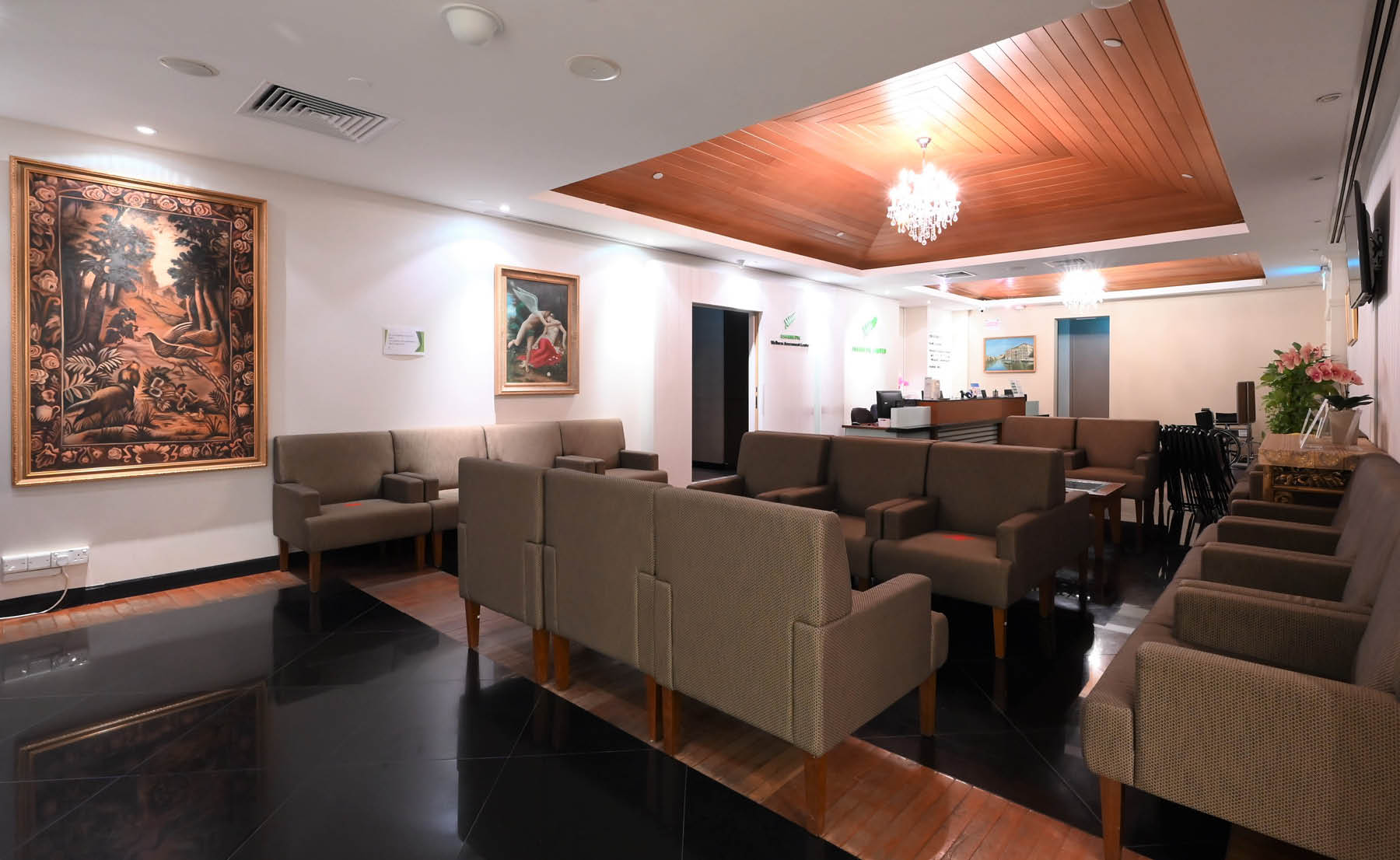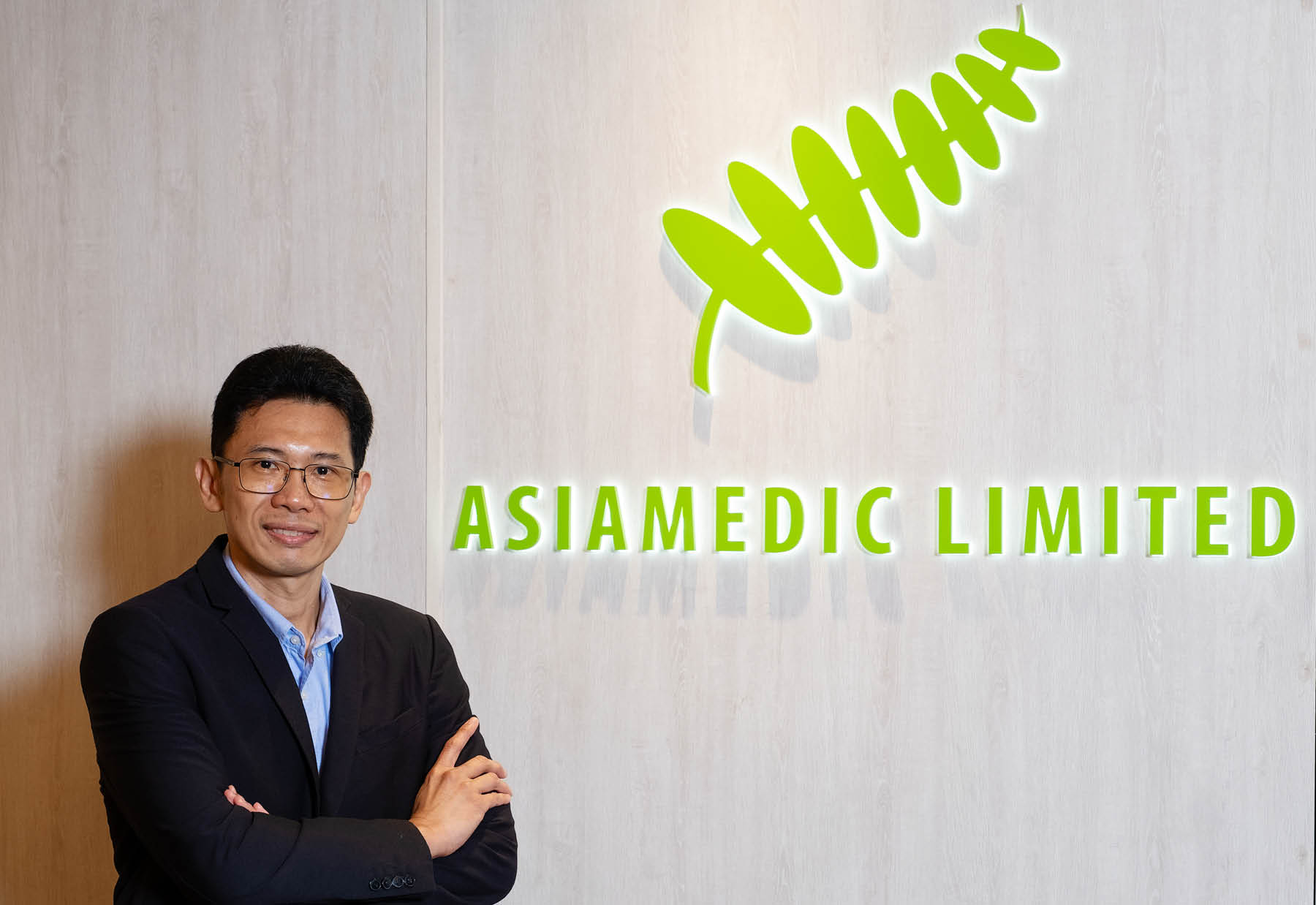Returning to Health: Arifin Kwek
AsiaMedic CEO Arifin Kwek has steadied the ship in the post-pandemic world and is looking to expand the health screening and diagnostic imaging specialist.
It would be fair to say that AsiaMedic has had some challenges in recent times.

The COVID-19 pandemic didn’t help, of course, but the pre-pandemic years were also a struggle for the Singapore-based health screening and diagnostic imaging specialist.
But all that is in the rearview mirror now for a business that appears – to use a phrase more associated with its patients – to be well on the road to recovery.

We have seen improvements in our performance, built the culture, strengthened the team and prepared for the future.
The company has been steered into calmer waters over the past 12 months by Arifin Kwek, who stepped in as CEO midway through 2022, AsiaMedic’s 25th anniversary year.
Having inherited a creaking IT system and a working culture that he described as "not ideal", Kwek set about realizing the company’s potential by investing in both staff and technology.
The strategy is bearing fruit.
"We are at a stage now where we want to grow and are able to grow," he tells The CEO Magazine. "I needed to fix things before we could do that. We have seen improvements in our performance, built the culture, strengthened the team and prepared for the future. We are profitable again, and I can see a lot of potential."
Making progress
That potential is already being realized.
AsiaMedic now boasts some of the most cutting-edge technology in the Asia–Pacific, having acquired the latest MRI machines. And through the advent of AI, coupled with IT integration with lab partner Innoquest Diagnostics, the speed at which it can deliver screening results has accelerated dramatically.

I am a strong advocate of digital transformation and innovation.
Kwek, a 20-year veteran of the healthcare sector, stresses that building such solid partnerships not only improves operational efficiency, but enhances the patient experience, a vitally important but sometimes hard-to-achieve accomplishment in the fraught medical landscape.
The integration in question allows Innoquest’s IT system to talk to its AsiaMedic counterpart, before data is analyzed by AI and translated into a meaningful report.
The process, which involves a doctor verifying the data, will shorten the turnaround of a medical report "from maybe months to a couple of days", Kwek says.
"I am a strong advocate of digital transformation and innovation," he says. "The investments we have made will reduce wait time for patients, allow us to take on more business and free up time for patient care.
"It enables us to deliver a superior experience, and that is something I believe will differentiate us from competitors. Everyone can offer the same kind of tests. It’s the service levels that will set us apart."
Looking to grow
With AsiaMedic on firmer footing, growth is on the agenda. In addition to acquiring new technologies and offering a broader range of diagnostics services, geographical expansion is planned.
Over the next 12–24 months, expanding the footprint in Singapore will be the focus.
But more ambitious growth is also not so far away, possibly as soon as 2025 and certainly within three-to-five years. For this, regional expansion is being explored in Vietnam, Indonesia, Malaysia and Cambodia.
Yet with expansion comes growing pains. And in Singapore there are two fundamental problems: finding the physical space to expand and finding staff with the appropriate skillset.
"There’s a shortage of nurses and a shortage of radiographers. In Singapore it has become a major issue," Kwek asserts. "Property is also a challenge. Finding space to open a medical business is limited. In an office building, for example, only a certain percentage of space can be converted into a medical clinic, so these are challenges that need to be met."
Regardless of the industry, when suitably qualified talent is hard to find, retaining existing staff becomes vital. And keeping hold of what he had was no easy task for Kwek when he joined AsiaMedic.
You need to convince people why things need to change, you need to get buy-in and earn trust.
As when any new CEO arrives with a license to shake up the status quo, feathers can be ruffled. So it was no surprise to Kwek when he was met with pushback.
"Every time you want to implement change as a leader there is always resistance from the senior staff who are used to the old way of doing things," he says. "When you face these situations, adapting leadership style is important. You need to convince people why things need to change, you need to get buy-in and earn trust.
"I think I did that. The company is stable and we have built strong foundations for the future."
Fighting fit, you might say.